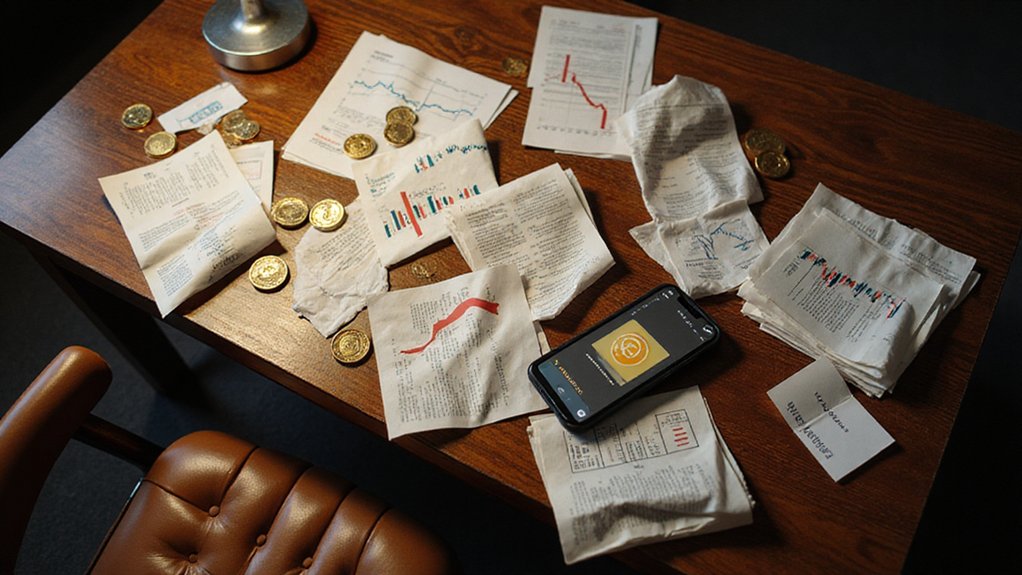While most investors chase rallying assets with the fervor of gold rush prospectors, Cathie Wood demonstrated the contrarian discipline that built her reputation by methodically unloading $47.9 million in crypto-related stocks during late June and early July 2025—precisely when those same positions were delivering eye-watering returns.
The Ark Innovation ETF (ARKK) executed its largest crypto stock divestment on a single day in late June, selling $12.5 million worth of Coinbase shares even as the stock climbed 5.54% to a record $375.07. Wood’s team disposed of 33,363 Coinbase shares while the cryptocurrency exchange basked in a 51% year-to-date gain, buoyed by the Senate’s passage of the GENIUS stablecoin bill and a high-profile partnership with AI startup Perplexity for real-time crypto data services.
The sell-off extended beyond Coinbase, with Ark simultaneously dumping $12.3 million in Block shares (189,649 shares) and $5.8 million in Robinhood holdings (58,504 shares). Block’s inclusion proved particularly intriguing, given its 23.39% annual decline—suggesting Wood’s team was cutting losses rather than harvesting gains across all positions. Despite the massive selloff, analysts noted that Ark Invest has historically supported Coinbase stock, making this profit-taking move particularly noteworthy.
This strategic repositioning unfolded against a backdrop of Bitcoin hitting fresh all-time highs and crypto-related stocks surging 37% within the month. The timing raises questions about whether Wood anticipated a correction or simply executed disciplined profit-taking after substantial appreciation. Meanwhile, regulatory enforcement continues to shape the landscape as authorities delivered a 12-year sentence to Nicholas Truglia for SIM swapping attacks that resulted in $22 million in cryptocurrency theft.
Despite the aggressive selling, ARKK maintained its impressive 23.4% year-to-date performance, substantially outpacing the S&P 500’s modest 6.8% gain. Wood’s letters to investors continue emphasizing accelerated technological innovation amid economic uncertainty, suggesting these sales represent portfolio rebalancing rather than fundamental strategy shifts. The rapid liquidation of crypto positions mirrors the behavior often seen when investors receive airdrop tokens and immediately sell them to lock in profits, creating downward pressure on market prices.
ARKK’s stellar 23.4% year-to-date returns suggest Wood’s crypto selloff reflects strategic rebalancing, not bearish sentiment shifts.
The partial nature of these divestitures—tens of thousands of shares rather than complete exits—indicates tactical adjustments rather than wholesale abandonment of crypto exposure. Wood’s willingness to sell into strength, while retail investors pile into rallying assets, exemplifies the institutional discipline that separates professional portfolio management from emotional trading.
Whether this proves prescient or premature depends on crypto’s trajectory through 2025, but Wood’s contrarian timing once again positions her fund uniquely within the broader market narrative.









